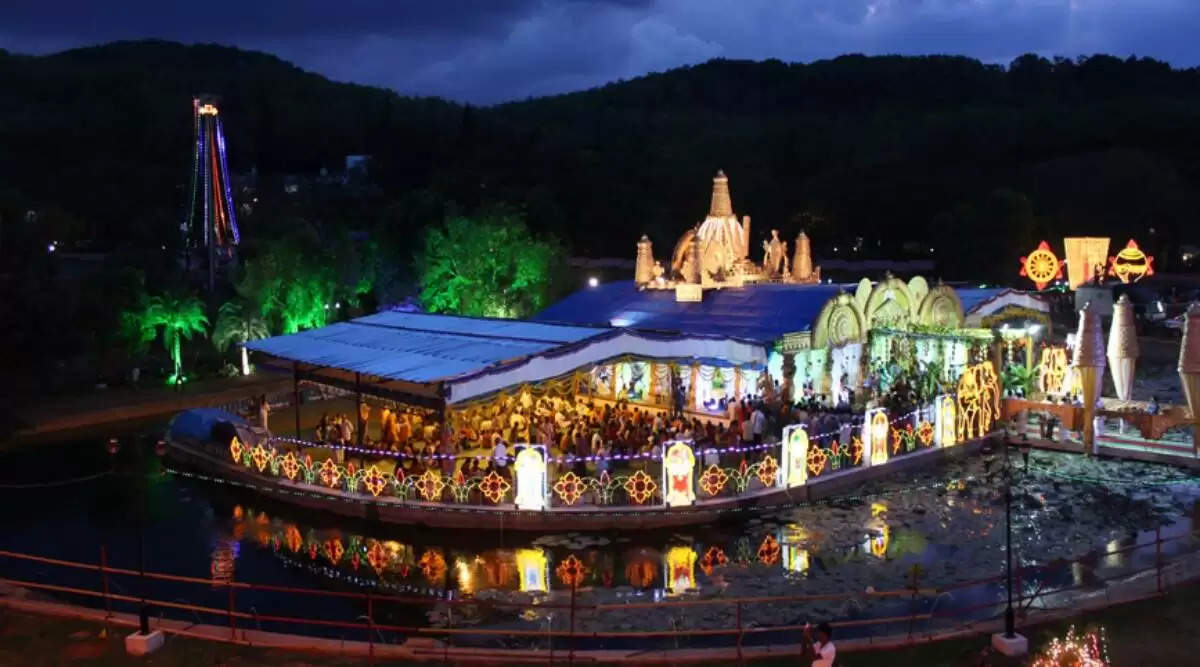The Supreme Court has dismissed a petition contesting the Collectorate's usage of TTD land in the Sri Balaji area.

In the midst of a debate over the diversion of temple properties for non-religious purposes, the Supreme Court on Wednesday refused to hear a petition challenging the Andhra Pradesh government's decision to use a complex built for the benefit of Tirumala Tirupati Devasthanam (TTD) devotees to establish a collectorate for the newly formed Sri Balaji district.
The Special Leave Petition submitted by BJP leader G P Reddy was dismissed by a bench of Justices D Y Chandrachud, Surya Kant, and Bela M Trivedi. "There is no basis for this Court to consider the plea because the main writ suit is still ongoing before the Andhra Pradesh High Court and the appeal is against an interlocutory order," the bench explained."The court must keep the aspect of public interest in mind while evaluating the equities, particularly at this point," it stated, declining to intervene. The bench also stated that it was merely a stopgap measure.
The Chittoor district administration chose Sri Padmavati Nilayam, which was built and developed by the Tirumala Tirupati Devasthanam for worshippers and their lodging, to house the new collectorate, and the TTD Board consented on February 17, 2022.
Reddy challenged this in the Supreme Court, claiming that it violated the Endowments Act. He said that the Nilayam was erected with the donations of devotees and could only be utilised by them. On March 22, after hearing the petition, the high court directed the Chittoor district government not to change the character of the Padmavati Nilayam. However, the stay was lifted, prompting Reddy to file an appeal with the Supreme Court.
Senior attorney D Seshadri Naidu, who appeared on behalf of Reddy, stated that it is a religious property that could only be utilised for the benefit of the Tirumala deity or devotees and not for state administration reasons.
"When the government creates a new district, it must make some provisions." "Some drastic steps must be adopted," Justice Chandrachud stated. "The formation of a new collectorate is a progress step," Justice Surya Kant remarked. You can't expect the collectorate to operate in the middle of a busy roadway or under a tree. It's a stopgap measure."
The attorney requested the court to state in its decision that the relocation is contingent on the outcome of the case, but the court declined.
.png)